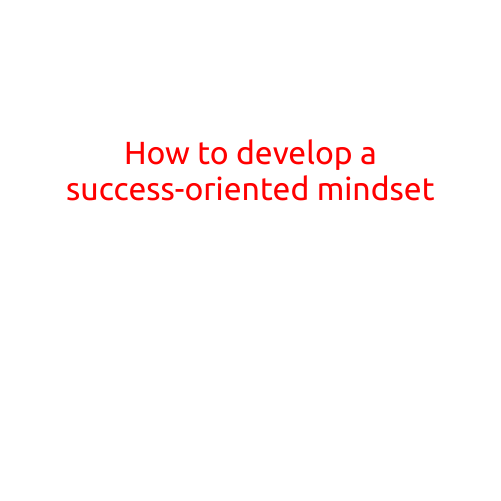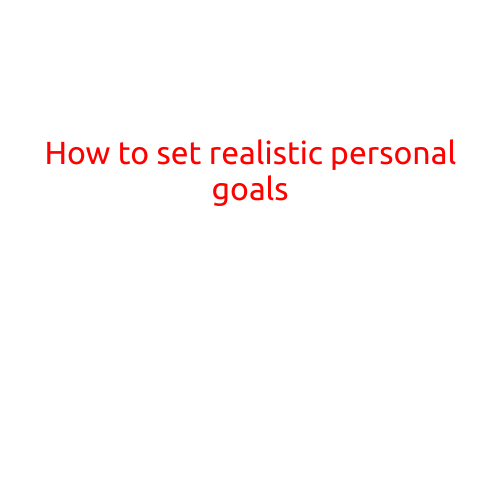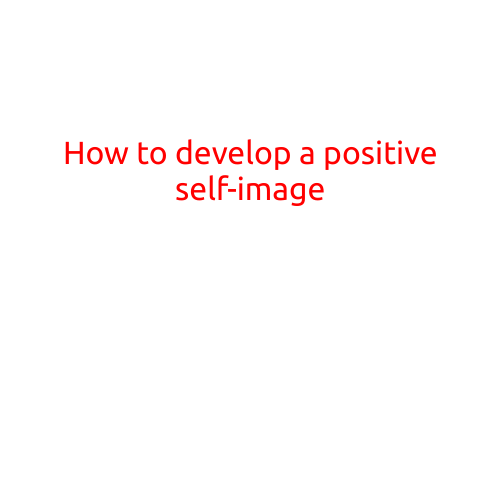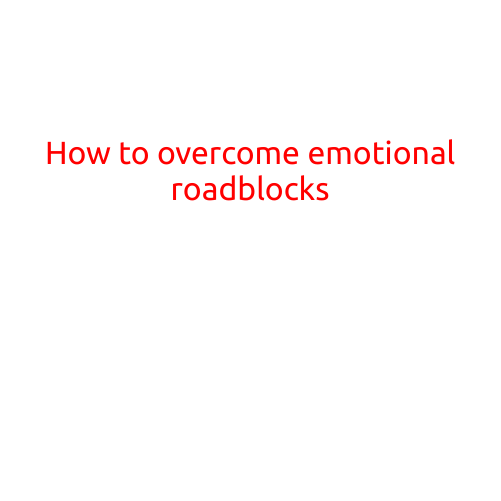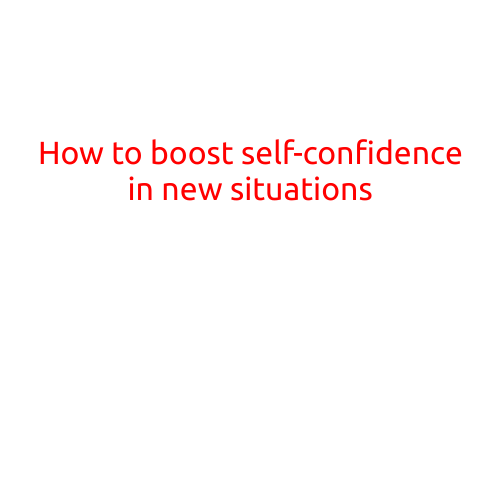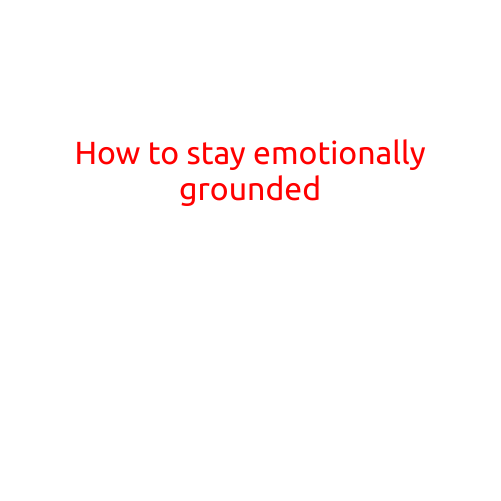
How to Stay Emotionally Grounded: Tips and Techniques for a More Balanced Life
Emotional grounding is the ability to stay present and focused in the midst of life’s challenges, despite feeling overwhelmed or anxious. When we are emotionally grounded, we are better equipped to handle stress, make wise decisions, and foster stronger relationships. Unfortunately, in today’s fast-paced and often chaotic world, it’s easy to become ungrounded and lose our emotional footing. In this article, we’ll explore the importance of emotional grounding and provide practical tips and techniques to help you stay emotionally grounded and maintain a sense of balance in your life.
Why Emotional Grounding is Important
Emotional grounding is essential for our mental and emotional well-being. When we are grounded, we are:
- Better able to regulate our emotions and respond to challenging situations effectively
- More resilient in the face of stress and adversity
- More focused and present in our daily lives
- More likely to build strong, healthy relationships
- Less prone to anxiety, depression, and other mental health issues
Signs You Need to Work on Emotional Grounding
Do any of the following scenarios sound familiar?
- You feel like you’re constantly “flying by the seat of your pants” and struggling to stay on top of your emotions
- You find yourself getting easily overwhelmed or stressed by even minor setbacks
- You have difficulty making decisions or feeling stuck in your choices
- You struggle to connect with others or feel isolated and disconnected
- You experience heightened anxiety or emotional reactivity in response to certain triggers
If you recognize yourself in these scenarios, it’s likely that you could benefit from practicing emotional grounding techniques.
Practical Tips and Techniques for Staying Emotionally Grounded
- Mindfulness Meditation: Regular mindfulness meditation can help you develop greater awareness of your emotions and thoughts, allowing you to stay grounded in the present moment. Start with short sessions (5-10 minutes) and gradually increase as you become more comfortable with the practice.
- Deep Breathing Exercises: Deep breathing can be incredibly effective in calming the nervous system and promoting emotional stability. Take slow, deliberate breaths in through your nose and out through your mouth, focusing on the sensation of the breath in your body.
- Grounding Techniques: Use your senses to bring yourself back to the present moment. Try activities like:
- Paying attention to the sensation of your feet on the ground
- Noticing the sounds and smells in your environment
- Focusing on the sensation of the air on your skin
- Engaging in a calming hobby, like painting or gardening
- Physical Activity: Regular physical activity can help reduce stress and anxiety, promoting emotional grounding. Choose an activity you enjoy, whether it’s walking, yoga, or swimming.
- Self-Compassion: Treat yourself with kindness and understanding, just as you would a close friend. Practice self-compassion by reframing negative self-talk, acknowledging your emotions, and offering yourself gentle support and understanding.
- Boundary Setting: Establishing healthy boundaries with others can help you maintain emotional grounding by preventing emotional drain and protecting your energy.
- Prioritize Sleep and Self-Care: Getting adequate sleep and engaging in self-care activities, such as reading, relaxation, or spending time in nature, can help you stay emotionally grounded by reducing stress and promoting overall well-being.
Conclusion
Emotional grounding is a crucial aspect of maintaining a balanced and fulfilling life. By recognizing the signs that you need to work on emotional grounding and incorporating practical tips and techniques into your daily routine, you can improve your ability to stay emotionally grounded and navigate life’s challenges with greater ease. Remember that emotional grounding is a skill that takes practice, so be patient and compassionate with yourself as you work to develop greater emotional awareness and stability.
